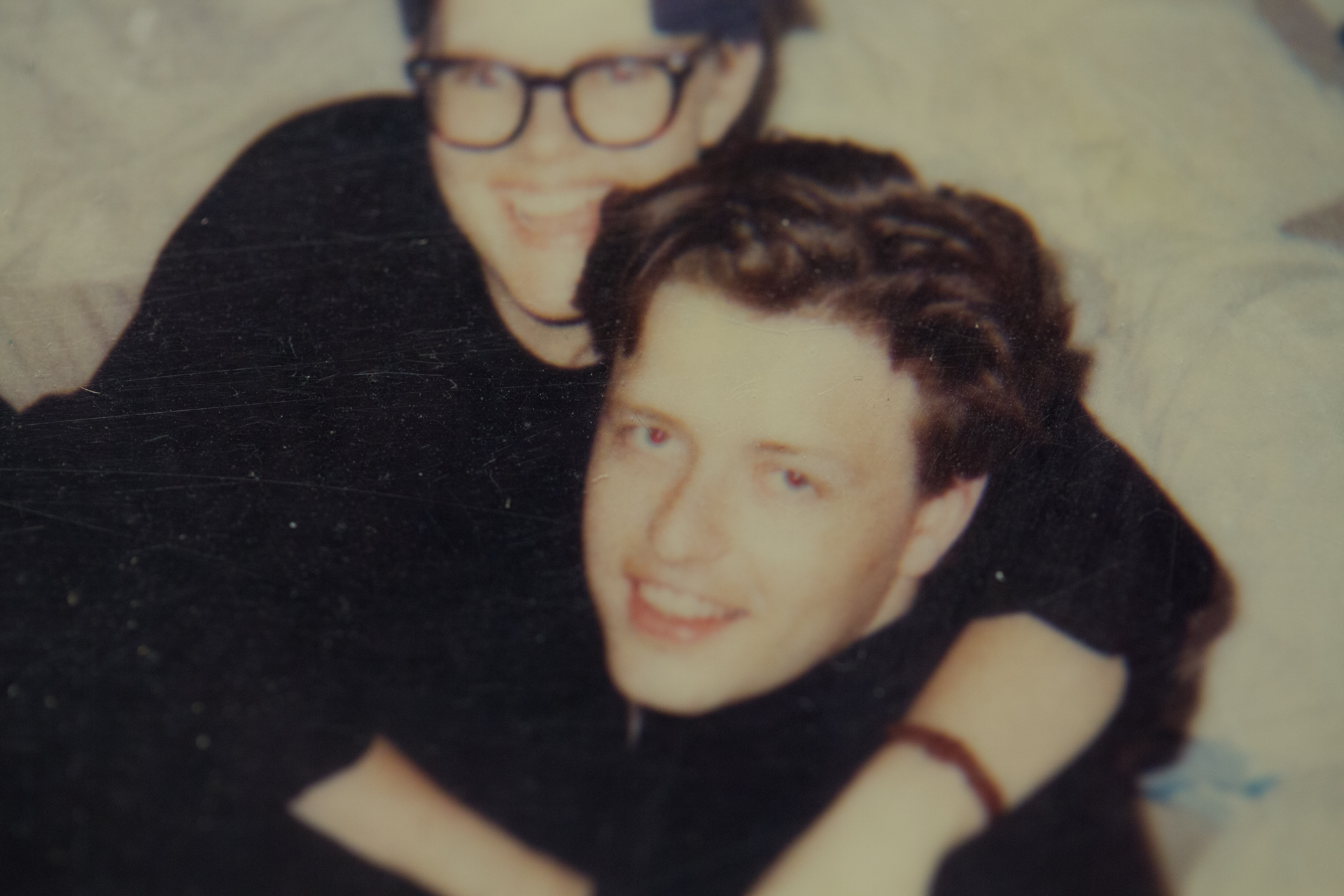Hal and I are wrapping up production on Positano, a multi-media novel that we’ve been collaborating on for quite some time. A pivotal scene in the story has forgiving at its core.
Being a married couple, working together on a story about a married couple, that works together and is going through a long bad stretch… well, I’m here to say, that will teach you a thing or two about forgiving.
In the story, neither of them has any idea if their marriage will survive. The wife, Stan Gardner, tries to explain to her husband, Oliver, that she really hasn’t ever understood what forgiving means:
“And, now I have a choice.” I glanced over to look at him. He was calm, looking out over the ancient city.
“I can forgive you and move on, or I can just move on. But if I just move on without forgiving you, I drag it along with me.
Here’s the thing, swee…Oliver. I’ve never, ever, let on to you that I didn’t really understand what you meant about forgiving. I didn’t know what it meant. I had to look it up.” I could feel him smile.
“Don’t laugh. I did. When I really sat with it, contemplating the idea of forgiving, I had no idea what it meant. So, I looked it up, and I looked up how to do it.”
I was getting nervous trying to explain this. I felt like an idiot. “I’ve tried to steer clear of religion because that just gets too complicated and you know how I feel about organized religion, and…” I took a deep breath. I was beginning to ramble and spin out. Oliver waited. I could tell it was killing him, but he waited.
“Anyway, the idea that really struck a chord with me is that when you forgive someone, you’re doing it for yourself. It’s not for the other person. It’s not saying ‘OK. What you did was OK, you’re forgiven.’ It’s not even saying ‘we’re all human, we’re all sinners… who am I to cast judgement…’
It’s ‘I’ forgive ‘you.’ I am relinquishing the value of the exchange, the energy of the exchange. I am relinquishing any debt, not because there is no debt, but because I don’t want the burden of carrying or collecting that debt. I don’t want connection to it. I don’t condone it. I don’t agree with it. I forgive it.
I forgive you.
You don’t owe me anything.”
I looked up at Oliver, he was sitting quietly, watching me. I wanted to get through all of this, so I jumped back in before he could say anything.
“I practiced on my grandfather. I thought that if I could forgive a pedophile rapist, I could forgive anything. Not condone his behavior. Not agree with it. Forgive it. Eliminate the weight of it. Eliminate the connection, the tether.
I made up a practice for myself. Imagined cutting the tethers, relinquishing it.
It was extraordinary.
But forgiving my grandfather is a clean slate. I don’t want to continue with him, metaphorically. I know he’s dead. But I’m really good saying, ‘Goodbye. I wish you no ill will, but I know that if we were to cross paths again, I’d cross the street.’
Forgiving and continuing on, I wasn’t so sure about that. How do you do that?” I glanced up and met Oliver’s eyes. “That’s rhetorical. Just keep listening.
My sense now is that’s where an apology comes in. Not an empty apology, an apology with contrition. I kept coming across that word, ‘contrition.’ It means ‘sincere remorse; sorrow for, with a true purpose of amendment…’ I memorized that. I understand that.
Almost four years ago we went into a rough patch. You having a crush on someone other than me, it broke me. Swinging at me? That broke something I still don’t understand.
But, both, according to my own philosophy, are entirely forgivable.
So, I sat with that on the terrace in Positano. I got lost in the details as I have for years, reliving it all, feeling so ashamed and lonely — and then I imagined relinquishing all of it. Cutting it loose. Freeing myself of all of it. And I practiced forgiving you.
Wait.
Then came me, and the idea of contrition.
For almost four years I’ve held you in a sort of marital purgatory, judging you and acting like a big martyr. I’ve put a demon slant on every single thing you do. I’ve been awful. I’m sorry. Deeply sorry. I wish it hadn’t happened. Any of it. I wish that I had found a way to lead myself through it, but I didn’t — until now. I’m so sorry.
If I could, I would choose to be happy with you, but Oliver, I can’t choose being unhappy with you anymore…”
It’s not always easy staying married, or being part of a family. Maintaining friendships has its tricky moments, too. Leading a business, well, there’s a lot to let go of there, and politics right now, whew.
I recently listened to The Book of Joy, a conversation between The Dalai Lama and Archbishop Desmond Tutu (I couldn’t recommend it more highly). The two of them talk about many things, forgiving governments is one of them. They discuss the power to create meaningful change when you find your way to forgiving. Not condoning. Forgiving. Transforming the power of an injustice to free yourself.
Forgiving is a delicate art. One that, in my book, is worth mastering.


